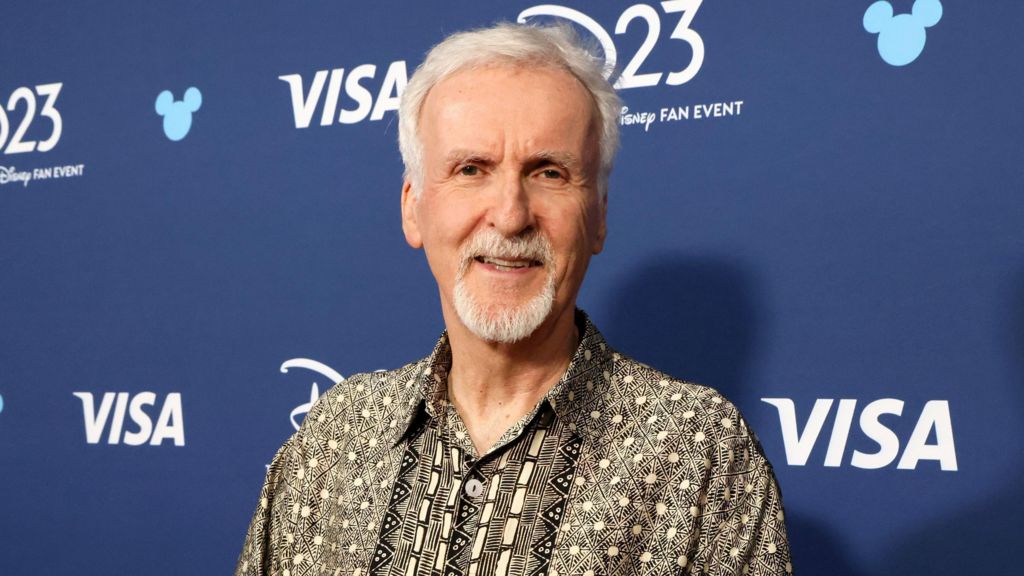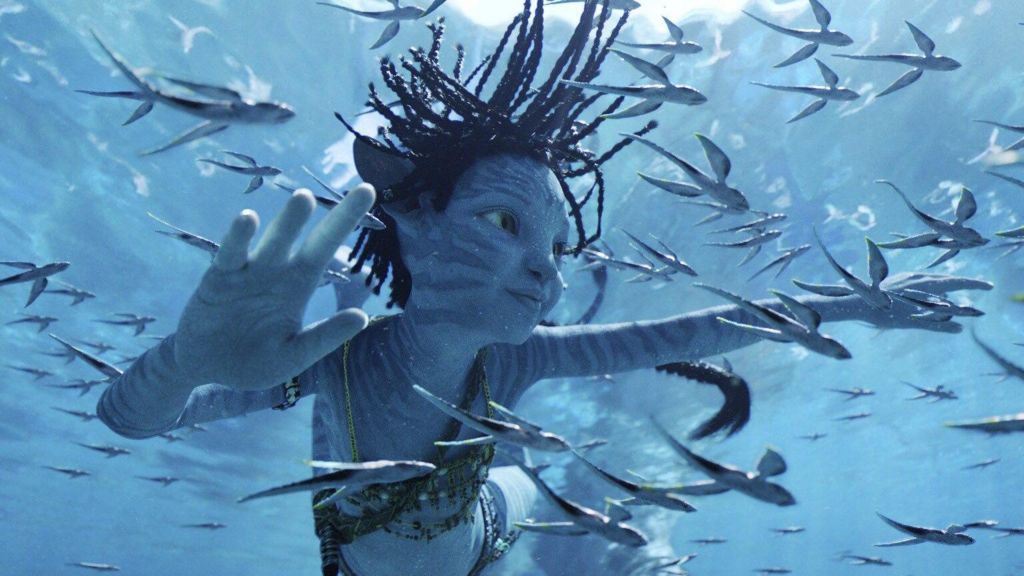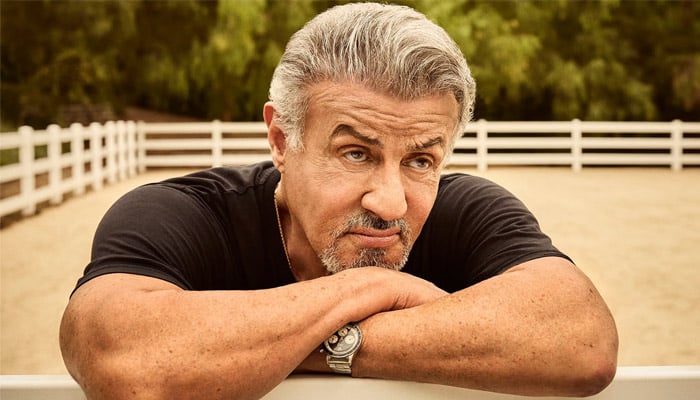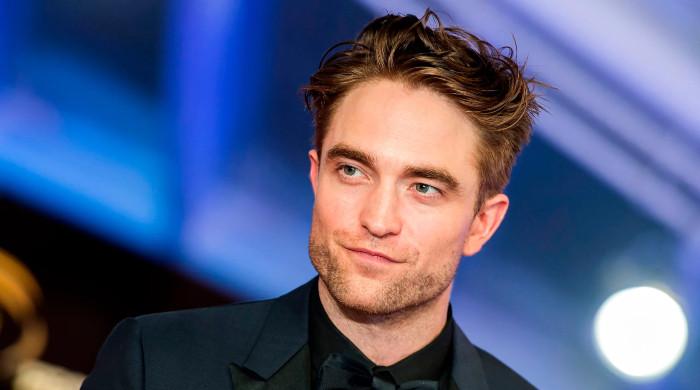

Filmmaker James Cameron has joined the board of directors of artificial intelligence (AI) firm StabilityAI, 40 years after making a film about its risks.
In 1984's The Terminator, which Cameron wrote and directed, a rogue AI called Skynet threatens the existence of mankind.
But the creator of the fictional AI has not been hired to help avoid such tech being developed in real life.
Instead, his role will centre around how the technology can be used in special effects, also known as computer-generated images (CGI).
“I’ve spent my career seeking out emerging technologies that push the very boundaries of what’s possible, all in the service of telling incredible stories," he said.
"I was at the forefront of CGI over three decades ago, and I’ve stayed on the cutting edge since.
"Now, the intersection of generative AI and CGI image creation is the next wave."
Amongst his long list of hit movies, Cameron is known for creating special effects-heavy Avatar, the highest-grossing film of all time.
His new place of work, StabilityAI, is best known for making Stable Diffusion - which can generate images based on a user's text prompt.
It is also branching out into video, with Stable Video Diffusion, which works in the same way.
It is this tech that Cameron seems to have been brought on to help develop.
Proponents of AI video generation say it will enable artists to quickly create complicated digital effects.
But for many creatives - and Cameron's contemporaries - this use of the technology is considered controversial at best.
Last week, Pan's Labyrinth director Guillermo del Toro criticised AI-generated video during a talk at the British Film Institute in London, saying it could not generate much beyond "semi-compelling screensavers".
Michael Bay said last year the tech "will create a whole bunch of lazy people" because "it doesn't create, it just imitates".
And Hiyao Miyazaki, who wrote and directed animated classic Spirited Away, previously said he was "disgusted" by an AI-generated video and called it "an insult to life itself".

Competitors and copyright
Rashik Parmar, head of BCS, The Chartered Institute for IT, told the BBC the filmmaker's appointment comes at a time when "many of society’s fears about AI" come from movies.
"We watch Terminator and we form the idea that AI has malicious intentions towards humanity and that it will destroy us in the near future," he said.
"Cameron has a real opportunity to change the narrative and build a positive view of AI, we’re very happy to work with him on that."
One of Cameron's first challenges in his new role will be to shore up StabilityAI's position in the wider generativeAI landscape, where it faces stiff competition.
OpenAI's rival video generation tool Sora is the most high-profile name in the space, with Reuters reporting Hollywood executives have discussed with the firm how the film industry could use its tech.
Meanwhile, Hunger Games and John Wick studio Lionsgate made a deal last week with AI firm Runway to create tools based on its massive archive of film and TV.
And in recent weeks the video generation landscape has been shaken by the sudden emergence of MiniMax, created by China-based HailuoAI.
The tool became popular on social media this month thanks to its ability to quickly create high-quality video from just a few lines of text.
In particular, a recent trend has seen people using the tool to make videos about chef Gordon Ramsay, with one such popular post seeing him skydiving while cooking spaghetti.
Ramsay has not responded to a request for comment.
And Cameron is joining the AI industry at a critical time for a different reason - copyright.
The technology works by analysing human-made pictures, including images found online, and artists claim this means their work has been used without permission.
Stability AI founder Emad Mostaque has previously told BBC News Stable Diffusion is trained using "100,000 GB of images" taken from the internet.
Getty Images, which is working on its own AI image generator, is suing StabilityAI over this very thing.












